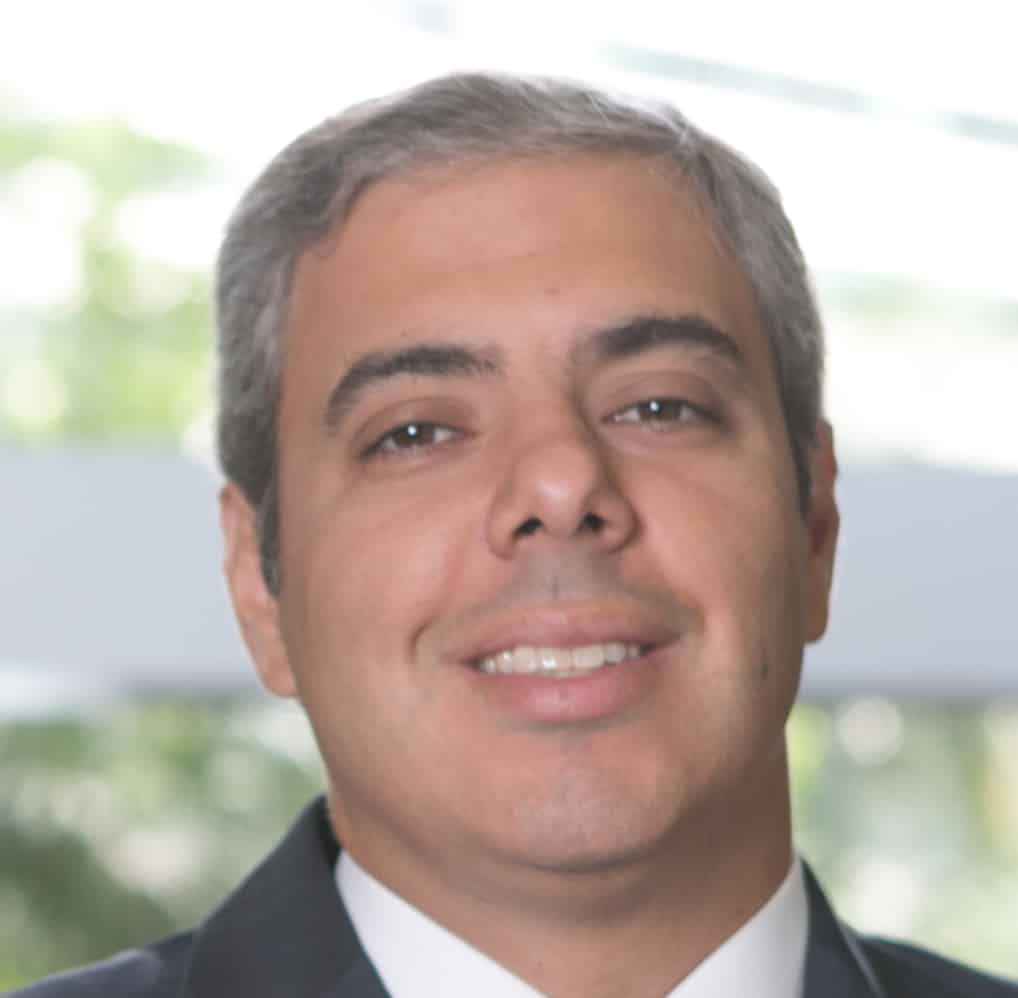Milton Maluhy Filho, CEO of Itaú Unibanco, discusses the impact of Covid-19 and what makes bank unique.

Global Finance: As a relatively new CEO, what are your priorities for the bank?
Milton Maluhy Filho: Our top goals are being the best bank for our clients and growing through our diverse business lines, no matter the economic or competitive scenario. To this end, we have a very intensive agenda focused on client centricity, digital transformation and efficiency. Today our focus is on making the bank more connected with people’s needs by adopting simpler processes and a more expeditious delivery of products and services. Our efficiency agenda will enable us to become more competitive, which is crucial for our going head-to-head against not only fintechs, but also the so-called traditional banks.
GF: What sets Itaú apart from regional competitors?
Filho: Itaú is an institution with roughly 100 years of history that, in addition to having an in-depth knowledge of the Brazilian market, has built up a significant network in the region. We have been historically recognized for being efficient and able to deliver consistent results. We are working very hard to prepare Itaú for the future. The great challenge in these new times is keeping our ability to adjust to new circumstances, and rapidly and continually transforming ourselves. We have made headway in this regard, which is undoubtedly something that sets us apart. We know, however, that we need to go beyond—specifically when we talk about digitalization and efficiency.
GF: How and when do you see Brazil emerging from the current crisis?
Filho: The pandemic gripped Brazil, with dire consequences that still linger both in terms of health and the economy. It is paramount that mass vaccine rollouts start for people and companies to resume some normalcy. This delay in the recovery process gives rise to a number of consequences. One of these is greater uncertainty about fiscal issues in Brazil, impacting the interest rate and the cost of money. Against this backdrop, the drop in the bank’s earnings for 2020 has already been expected, given that our major role as a financial institution was to support our clients through the crisis. We will have a better performance in 2021 because, unlike last year, the surprise factor in connection with the crisis is gone. The rate of improvement is something that will depend on the factors I have just mentioned, mainly the vaccine rollout and the economy resuming something resembling normalcy.
GF: What are your expectations for the Brazilian economy? What about regionally?
Filho: Latin America still faces high Covid-19 contagion rates. The pace of vaccination is slow in the region, except for Chile, and this—along with the outbreak of new virus variants—may delay the full reopening of the economy. Such a scenario makes the rapid removal of the fiscal stimulus measures implemented in 2020 more difficult.
In Brazil, for example, Congress approved a constitutional amendment to allow for a second year with expenditures above the ceiling that restricts expansion of federal government expenses. Despite social-distancing measures, which impair growth in the short term, economies in the region are expected to grow above their potential in 2021, as they are favored by carry-over, better terms of trade and the reopening of the economy as the vaccine rollout advances. Furthermore, as these economies seem to be more adjusted to social distancing than in the first wave of the pandemic, the negative effect on economic activity tends to be lower than earlier for a certain level of movement restriction. As a result of greater tax risks, which have contributed to the impact on foreign exchange and inflation rates and lead to a rising interest rate cycle, we have recently lowered our estimates for Brazil’s GDP growth from 4.0% to 3.8% in 2021, and from 2.5% to 1.8% in 2022.
GF: What keeps you up at night? What are the main risks for Itaú?
Filho: Fortunately, I am the kind of person who sleeps well. 2020 was an absolutely atypical year that provided us all with unprecedented uncertainties. The impact of this crisis on society is certainly my greatest concern. Regarding the challenges faced by the bank, we remain committed to our mission to support our clients and speed up our digital transformation, growth and efficiency.



